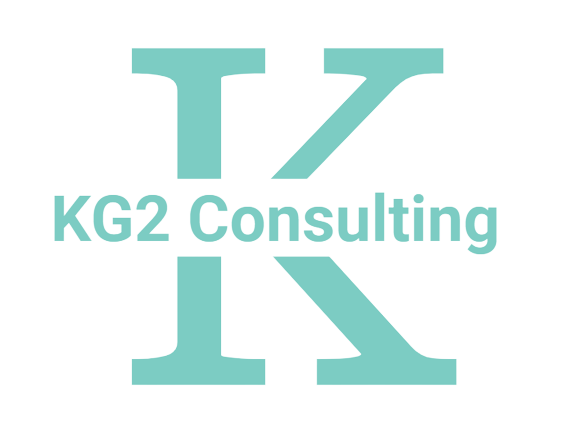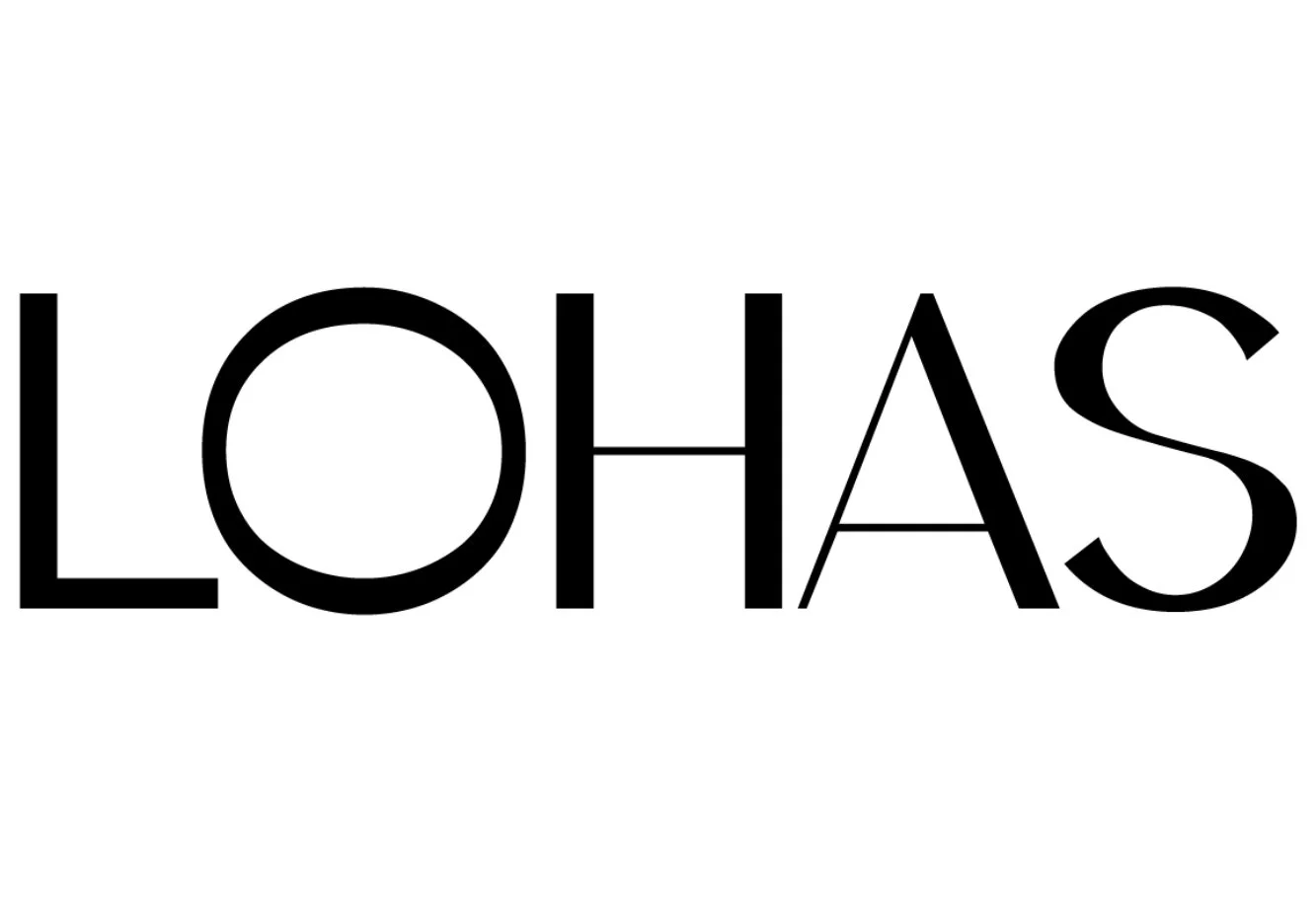
Human Resources Consulting and Coaching
Business driven. People focused.
Practical HR Support for Small and Mid-Sized Businesses
I’m Kasia Groves, HR consultant and founder of KG2 Consulting. I work with small and mid-sized businesses who want strategic HR support that’s tailored, reliable, and human.
Whether you’re facing a tricky employee issue, need to update your policies, or want help planning a restructure, I offer practical, compliant, and people-centred solutions. I take the time to understand your business — your goals, your challenges, your team — and deliver HR support that fits your size, industry, and pace of growth.
I’m not here to bury you in paperwork or generic templates. I’m here to be your go-to HR partner, helping you move forward with clarity and confidence.
Testimonials
Areas of Expertise
HR support that’s practical, strategic, and designed for growing Australian businesses. Whether you're resolving issues, building better processes, or planning for change — I’m here to help.
Compliance & Awards
Make sure you're meeting all Fair Work and Award obligations with confidence and clarity.
Performance & Employee Issues
Navigate underperformance, misconduct, and tricky people situations with expert guidance.
Policy Development
Develop tailored workplace policies that align with your business size, values, and legal obligations.
Workplace Investigations
Independent, discreet investigations into complaints or serious workplace concerns.
Restructures & Redundancies
Plan and deliver role changes and redundancies legally, sensitively, and strategically.
Hiring & Onboarding
Get support designing roles, recruiting the right people, and setting them up for success.
HR Health Checks & Audits
Review your HR systems, documents, and risks — and receive practical, actionable recommendations.
Contracts & Documentation
Ensure your employment contracts, position descriptions and onboarding materials are current and compliant.
Manager Coaching & Support
Equip your leaders with tools, scripts and advice to handle HR confidently and effectively.
Capability Mapping & Role Clarity
Define clear responsibilities and structure to reduce confusion and improve accountability.
HR Planning & Retained Support
Ongoing HR guidance when you need it — like having your own HR partner on call.
Published articles
-
Fostering Staff Development and Engagement
What are the keys to attracting and retaining great employees in a highly competitive market? Investing in them while engaging with them, writes Kasia Groves.
The optometry industry in Australia plays a vital role in promoting eye health and providing essential vision care services to the population. Within this dynamic sector, the success and growth of optometry practices rely heavily on the development and engagement of all staff. A motivated and skilled workforce not only enhances the quality of patient care but also contributes to the overall success of the practice. For the full article, click here.

-
Strategically Fostering Diversity & Inclusion in Diabetic Eye Care
Fostering diversity and inclusion in healthcare practices isn’t merely a moral obligation but also a strategic business imperative.
With a focus on diabetic eye disease, this article delves into the critical importance of creating a diverse and inclusive environment in ophthalmic and optometric practices. By making patients with chronic conditions – specifically patients with diabetes – feel comfortable and valued, healthcare professionals can enhance patient outcomes, build trust, and ensure continuity of care. For the full article, click here.

-
Enhancing Eye Care through Cultural & Linguistic Diversity
In the evolving landscape of healthcare, cultural and linguistic diversity is becoming increasingly important. Kasia Groves provides a handy checklist of existing resources that optometrists and ophthalmologists can use to cultivate a culturally competent and linguistically diverse team. For the full article, click here.

-
Building Teams: Strategies for Recruitment and Retention
In today’s healthcare environment, particularly within the fields of ophthalmology and optometry, recruiting and retaining high performing talent is more crucial than ever.
Human resources specialist Kasia Groves believes practices that can successfully attract and retain talent with skills and knowledge in specific areas of clinical care not only improve patient outcomes but also secure their long-term business growth. For the full article, click here.

-
Practice Excellence Through Staff Training Culture
In healthcare, ongoing training extends beyond the need to meet regulatory requirements; it’s a key strategy for improving both patient outcomes and staff performance. In optometry and ophthalmology practices, where advancements in technology and patient care are constant, staying ahead of the curve is crucial.
Kasia Groves explores practical steps that ophthalmology and optometry practices can take to build a culture of continuous learning that benefits both staff and patients. For the full article, click here.

-
Beyond the Interview: Hiring for Team Cultural Fit
In a tight labour market, it’s tempting to hire based on credentials and availability alone. But in the optical sector – where patient care, team collaboration, and clinical innovation must align – the real challenge is finding people who not only ‘can’ do the job, but who are also the right fit for your team’s unique rhythm. For the full article, click here.

Get in Touch
---
Get in Touch ---
Contact me today to discuss your HR needs and let's find the right solution together.





